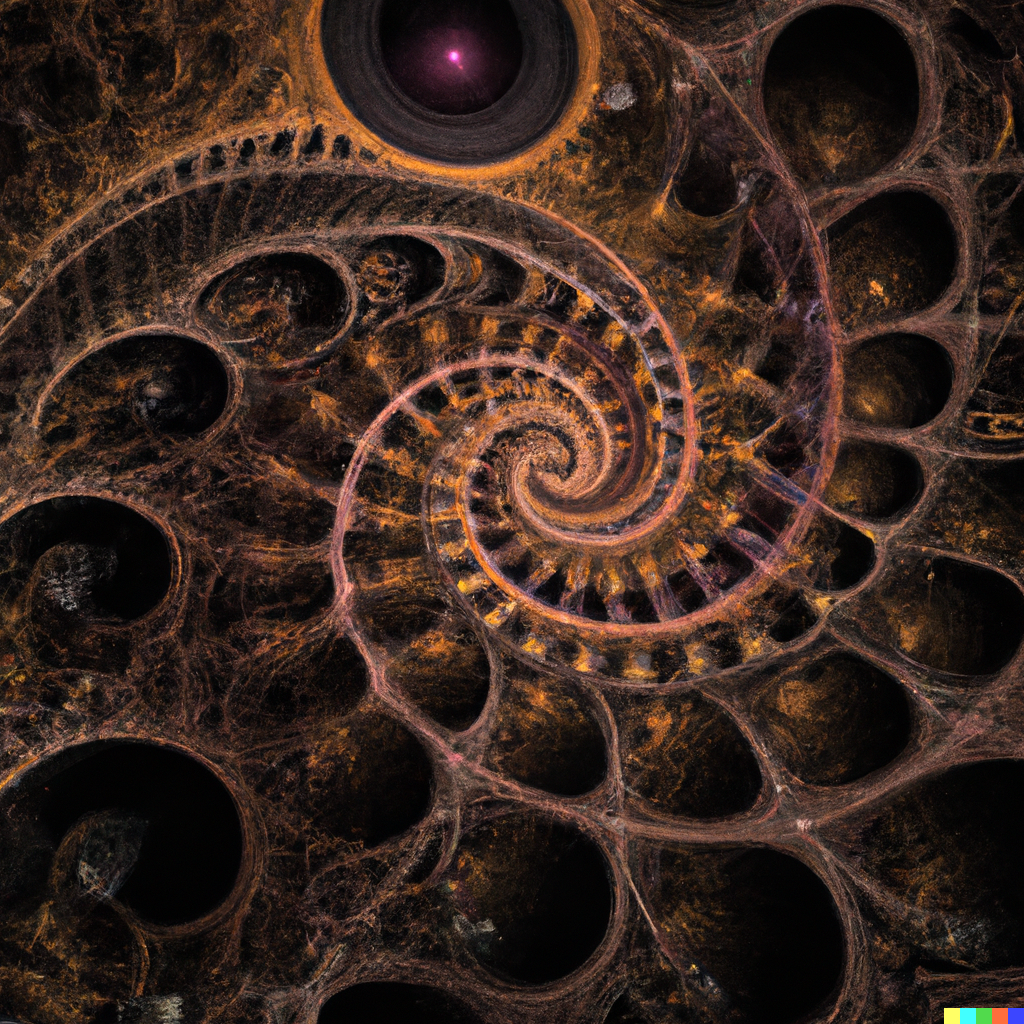While you can easily see some developers are more productive than others, it is dauntingly hard to define high productivity (try yourself!). We can conclude that the more you create value, the more productive you are. However, value is both subjective and contextual. It is dynamic, not static. Value is achieved through a balance of rational and irrational, analytical and intuitive.
The difficulty is not a new finding, of course. Here are a few quotes that I got:
- “The way that can be told is not the true way.” (Tao Te Ching)
- “The ultimate truth is beyond words.” (Zen)
- “What we cannot speak about, we must pass over in silence”1 (Ludwig Wittgenstein)
- “Code is a liability, not an asset.”2 (Greg Brockman, co-founder of OpenAI)

Despite the paradox, we can still strive for higher productivity every moment, and that’s the key idea of the GAP framework for getting better. For example, here are a few suggestions:
- Continuously improve and learn, but also accept “good enough” when needed. Perfectionism kills productivity, but a willingness to learn and optimize over time enhances quality. Strike a balance.
- Measure and quantify where possible, but do not reduce quality to metrics alone. Use data and metrics judiciously, while also relying on professional intuition and judgment.
- Adapt tools/processes to the circumstance, not vice versa. Do not impose more structure or formalism than needed. While some level of accepted practice is useful, remain flexible.
I also believe this is a great time for each developer to strive for more productivity with the advances of open source, cloud, and machine learning. Similarly, a small team can achieve much more than it used to. Furthermore, productivity is even more relevant in the world of high interest rates (refer to Meta’s update on Year of Efficiency3). Last but not least, higher productivity is a lot more fun and satisfying.
My co-author was Claude+ via Poe. It also gave me a prompt to generate an image to visualize paradoxical complexity:
A spiral fractal rendered in 3D, with a sense of infinite depth. — Claude+
-
Profile: Ludwig Wittgenstein ↩︎